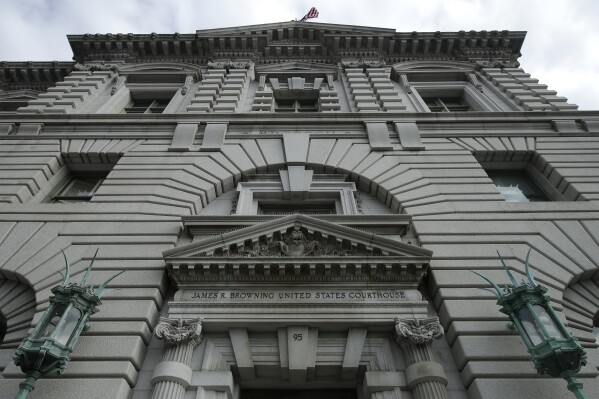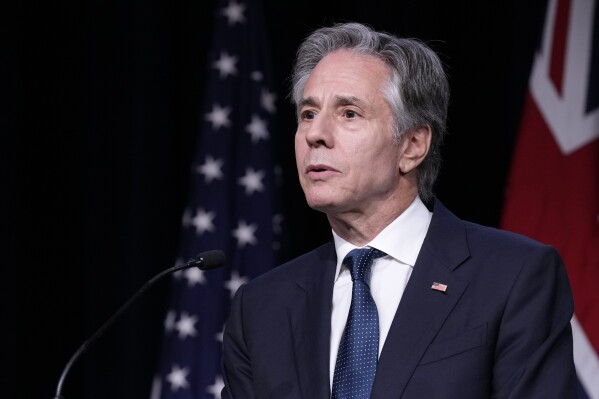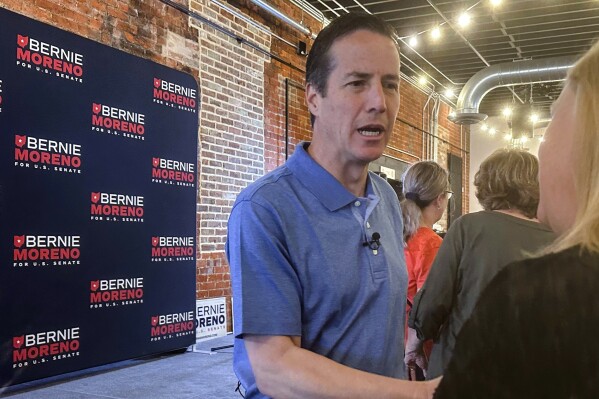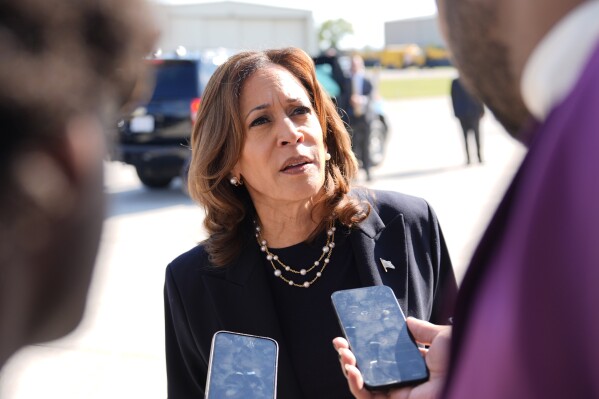Migration, regular and irregular, was obviously one of the main issues in play at last month’s general election. It is fair to say that Rishi Sunak’s rash promise to “stop the boats” and his much-mentioned “plan” to get all types of migration down were subjected to some fairly close scrutiny and some scornful scepticism, especially from Reform UK.
However, the latest numbers on visa applications to come and work in the UK in the care sector show a substantial decline, and have set some wondering afresh about Sunak’s decision to bring the election forward from the autumn, as was widely expected...
How ‘good’ are the migration figures?
Politically, very good and would have been a real boost for the Conservatives. The decision to ban most foreign students and workers in health and social care from bringing in certain family members was announced some months ago, and the latest data is proof that the policy is working (at least in those terms).
The number of overseas workers, students and their families applying for visas to come to the UK has fallen by a third over the last 12 months – around 50,000 down on last year. That would have represented a significant “down payment” on Sunak’s pledge to halve officially approved migration from the net figure of 685,000 recorded in 2023.
The 2024 Conservative manifesto stated: “We have already implemented changes which mean that 300,000 people who were eligible to come to the UK last year now couldn’t.” The latest stats give credence to that, notwithstanding the difficulties that the policy causes for the health and care sector.
So would the migration figures have helped Sunak win the election?
That’s going too far. Whatever the migration figures show, Nigel Farage will always say they’re too high, and Labour will chime in with accusations about broken historical promises to get migration down to the tens of thousands. However, a drop is a drop, and Sunak and James Cleverly – his home secretary in this parallel world – would have had something to show for their efforts. It is also possible, we need not put it any higher, that some refugees could have been transported to Rwanda - another “success”.
There have been some other bits of good news, haven’t there?
Indeed, not least the cut in interest rates announced by the Bank of England last week, which will ease the pain on mortgage holders coming off fixed rates a little, as well as generating some cheerful headlines.
Olympic gold?
It doesn’t drive that many votes, but Team GB’s excellent record would have certainly boosted the “feelgood factor” for Sunak.
But the riots...
Assuming that Sunak and his justice secretary Alex Chalk had done what Keir Starmer has done and delivered instant justice then the Conservatives would have been able to show some much-needed competence at handling a crisis. That wouldn’t have helped them with Reform supporters sympathetic to the rioters, but would have made the Conservatives feel more democratically mainstream and Sunak more statesmanlike.
As we see, Farage’s personal ratings have been hit quite hard from the statements and judgements he made during the violent disorder, and the Conservatives would have been the main beneficiaries of his discomfiture.
OK, but weren’t the public finances still going to be out of control?
Yes and no. Jeremy Hunt, as chancellor, would have addressed the £22bn “black hole” identified by Rachel Reeves in two ways. First, he would almost certainly not have agreed the pay award for the junior doctors and other public sector workers, despite the risk of strikes.
Second, he would have simply declared yet more unspecified cuts in public spending over the coming years, unrealistic as they might be. Hunt might even have pre-announced another 2 per cent cut in national insurance, to be delivered after the election; and could have launched the Tory election campaign with it…
So Sunak could have had another five years if he’d waited?
Well, this is alternative history: so it is possible, if still unlikely, given the 10-point lead Labour still held on polling day in July. On balance, the Conservatives would have gained more seats by waiting until autumn, and Labour, the Liberal Democrats and Reform UK less, and the Tories would be in a rather better position to stage a recovery next time round. But, to borrow a once-fashionable expression, we can all play Captain Hindsight, can’t we?
Disclaimer: The copyright of this article belongs to the original author. Reposting this article is solely for the purpose of information dissemination and does not constitute any investment advice. If there is any infringement, please contact us immediately. We will make corrections or deletions as necessary. Thank you.



